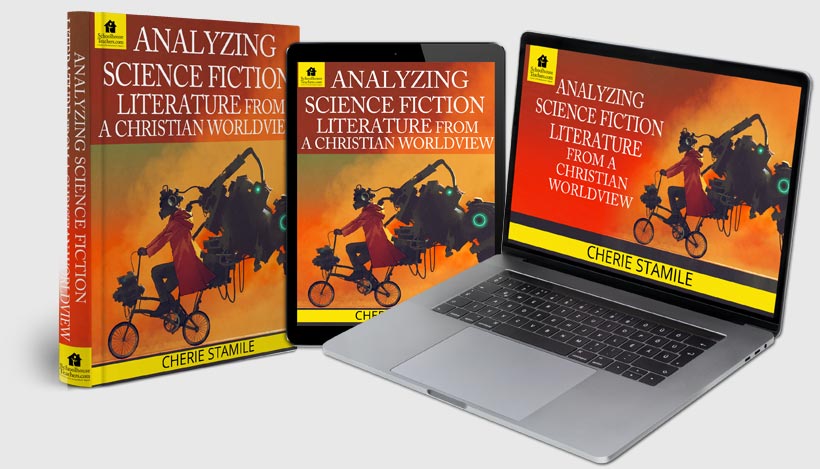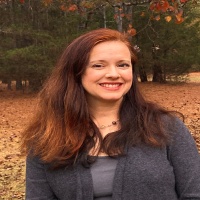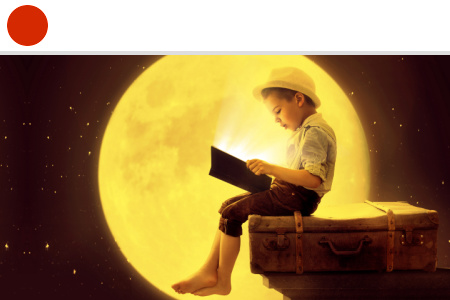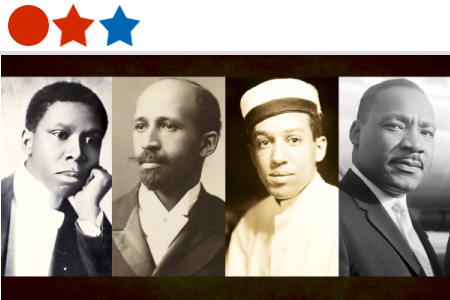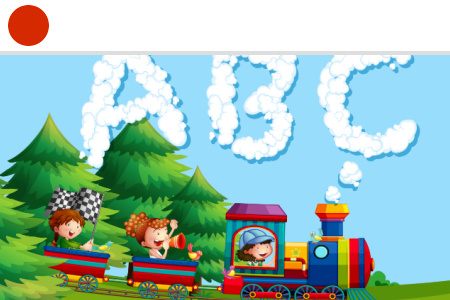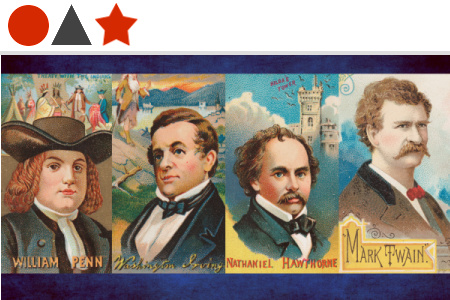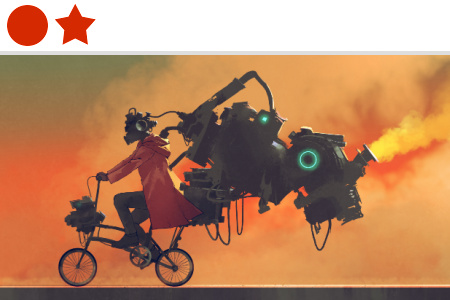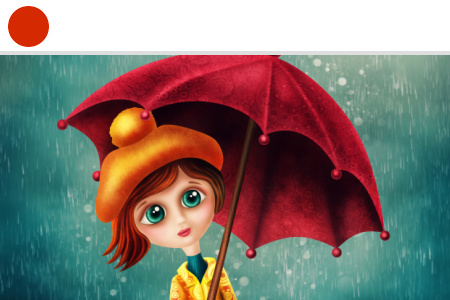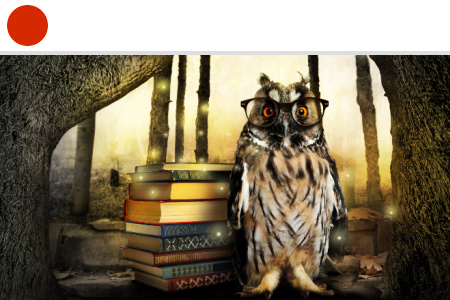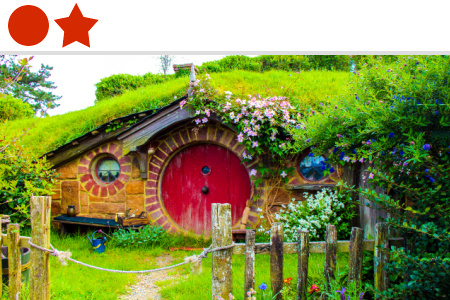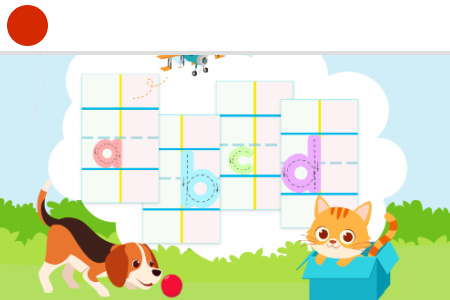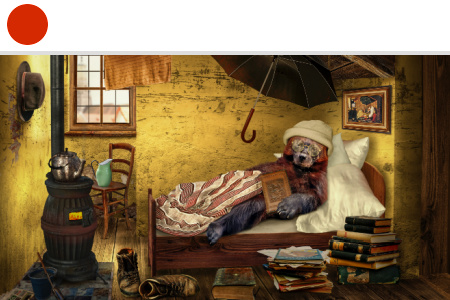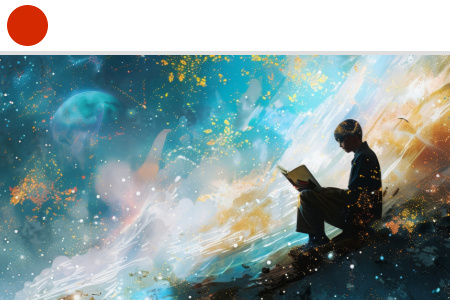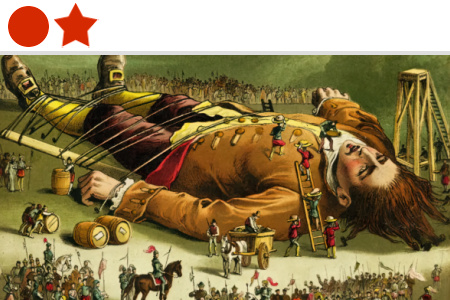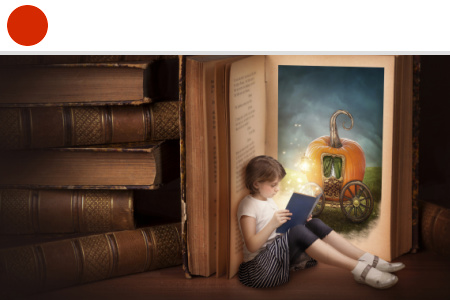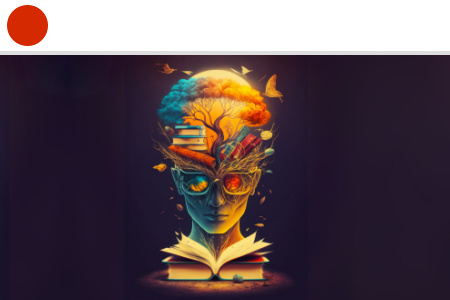Course Sample for Analyzing Science Fiction Literature from a Christian Worldview
Unit 2: Introduction – What Is Science Fiction?
What do you think of when you hear the words science fiction? Do you think of Star Wars movies and space travel, or do you think of journeying through time? What about stories of aliens or robots taking over the world? Science fiction is all of these and much more! This course will introduce you to some of the famous authors of science fiction and their major literary works. You will learn about the categories of science fiction and the common themes, complete written work directly related to understanding the genre, and read some great literature to earn .5 credit.
Before we go into too much science fiction discussion, now is the time for you to answer a few questions about your current knowledge and your interest in science fiction. If you are taking this course for honors credit, make sure you do not skip this assignment. Keep your pre-course thoughts in a folder set aside for science fiction compositions.
Pre-Course Science Fiction Survey Questions
- What do you think of when you hear the words “science fiction”?
- Which science fiction books or movies have you read or watched?
- Rate your level of enjoyment on a scale of 1-10 with 10 meaning “great” and 1 meaning “it was awful.”
- Explain why you are studying this particular course.
In our modern world, the genre of science fiction started with the famous book Frankenstein by Mary Shelley in 1818. It has continued to grow throughout the last two hundred years. Since the twentieth century, authors and film directors have capitalized on this fiction of possibilities. By definition, science fiction is fiction that stresses scientific laws or technology in the characters, setting, or the plot. The characters are scientists themselves or individuals affected by the science or technology in the story. The settings are often technological or “man-made” or set in another time or place. The varieties of plots are as limitless as the imaginations of the authors.
Science fiction is a huge genre with thousands of authors. Literary experts separate science fiction into two main subgroups: hard science fiction and soft science fiction. Hard science fiction uses science as an integral component of the story. The hard sci-fi story is based in a context of the “hard” or physical sciences such as chemistry, biology, physics, astronomy, geology, and sometimes even mathematics. Hard science fiction depends on an orderly universe with consistent laws of science. Some of the hard science fiction stories project that particular type of science into the future to show what might be happening 200 years in the future. “Gadget” stories are also considered hard science fiction. Gadget stories are based on technological development. Soft science fiction is based on the “soft” sciences having to do with people such as psychology, sociology, anthropology, political science, theology, linguistics, and even stories with altered histories. These stories are often set into the future like so many of the political dystopian stories popular today. Other categories sometimes included under the umbrella of science fiction would include science fantasy, sword and sorcery, and even some horror stories. This course will focus primarily on books from the hard and soft categories of science fiction.
Another way of understanding the genre of science fiction is to observe the common themes of space opera, space travel, alien stories, trans-humanism/artificial intelligence, inter-dimensional stories, nuclear war aftermath, utopian/dystopian worlds, alternate histories, and apocalyptic/prophecy stories. We will discuss some of these themes in more detail as we progress through the course.
To view a full sample of this course, click here.


